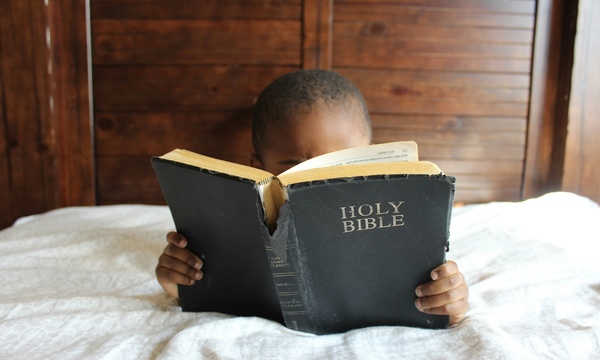There has been a recent revitalization of systematic theology among evangelicals. Whereas evangelicals had not been known for their academic theology, focusing instead on biblical studies and more practical areas, over the past couple of decades there has been a growing recognition that theological work is vital for the church’s formation, worship and witness. This has led to an increased focus on doctrine, historic Christian understanding of the gospel, and reading Scripture with the help of firm theological convictions. This has been happening in evangelicalism broadly, but Biola has proven to be a leader in this regard.
Talbot School of Theology is well-known for its graduate program in philosophy, thanks to the efforts of folks like J. P. Moreland and William Lane Craig. But what has been lesser known is that Biola has quietly become a home to one of the largest theological faculties in evangelicalism. Biola currently has 16 systematic theologians:
- Uche Anizor (Wheaton College)
- Andy Draycott (University of Aberdeen)
- Leon Harris (University of Aberdeen)
- Matt Jenson (University of St. Andrews)
- Adam Johnson (Trinity Evangelical Divinity School)
- Rob Lister (The Southern Baptist Theological Seminary)
- John McKinley (The Southern Baptist Theological Seminary)
- Jason McMartin (Claremont University)
- Ryan Peterson (Wheaton College)
- Steve Porter (University of Southern California)
- Rob Price (University of Aberdeen)
- Fred Sanders (Graduate Theological Union)
- Mark Saucy (Fuller Theological Seminary)
- Kyle Strobel (University of Aberdeen)
- Erik Thoennes (Trinity Evangelical Divinity School)
- Thaddeus Williams (Vrije Universiteit of Amsterdam)
When historical theologians are included, the list grows to 20:
- Alan Gomes (Fuller Theological Seminary)
- Ashish Naidu (University of Aberdeen)
- Greg Peters (University of Toronto)
- Karin Stetina (Marquette University)
Actually, it is hard to settle on an accurate number of professors involved in theology on Biola’s campus. For example, Jonathan Anderson of the Art Department has taken a leave of absence to do a Ph.D. in theology at King’s College, London.The list above also intentionally omits the over two-dozen biblical studies scholars, many philosophers engaged in theological topics, and literary scholars who focus on theological texts. So, the number could be even larger.
Recognizing that Biola has become a central gathering place in the evangelical world for theology helped provide the impetus to start the new MA Classical Theology program (MACT) that rolls out this Fall. Led by Fred Sanders, Talbot’s theology faculty and the theologians in the Torrey Honor Institute, the MACT degree brings together this renewed emphasis on theology in evangelicalism with the “great books” focus of the Torrey Honors Institute. Keeping an eye on the history of evangelicalism and Protestantism more broadly, this program focuses on reading Scripture and the tradition broadly and well, re-learning the early evangelical impulse of folks like Martin Luther, John Calvin, Jonathan Edwards and John Wesley, and integrating classical theology and spirituality in a way appropriate to the formation of pastor-theologians. As such, this degree integrates Scripture, spirituality, doctrine and history into one unified course of study.
To learn more about this one-year MA degree, visit the website.
 Biola University
Biola University


